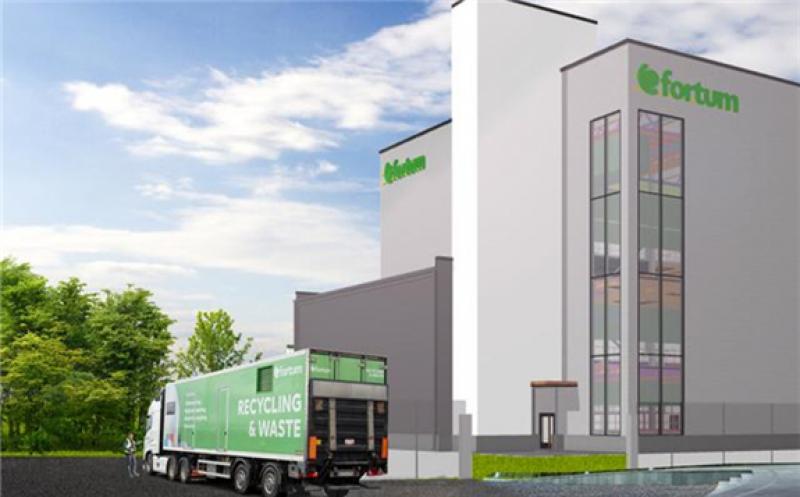Fortum is to invest €24 million (US$28.7 million) to expand its lithium-ion battery recycling capacity with a new plant in Harjavalta, Finland.

The new state-of-the-art hydrometallurgical plant in the western Finland town is considered to be a major step in increasing Fortum’s recycling capacity and enabling the production of sustainable battery chemicals.
The new facility will focus on the recovery of lithium, nickel, cobalt, and manganese from old electric vehicle lithium-ion batteries while also recycling various waste fractions derived throughout the battery supply chain.
With the rapid electrification of transportation and the move towards renewable energy sources, the demand for lithium-ion batteries is expected to grow more than ten-fold by 2030, significantly increasing the need for the critical metals used in the production of these batteries.
“Our solid offering covers several key segments of the battery value chain and we look forward to our collaboration with key players in those fields,” says Kalle Saarimaa, Vice President, Fortum Recycling & Waste.
“As the electrification of transportation gathers pace, the raw materials gap faced by the automotive industry is increasingly becoming a serious challenge. Our new facility will strongly support the existing Finnish and European battery manufacturing ecosystems, but it will also help the entire industry produce more sustainable batteries in Europe.”
Fortum uses a combination of mechanical and low-CO2 hydrometallurgical technologies to recycle the batteries as sustainably as possible. The lithium-ion batteries are first disassembled and treated during a mechanical process at Fortum’s plant in Ikaalinen. The battery’s black mass, containing critical metals, is collected and then taken to Harjavalta for hydrometallurgical processing.
Fortum is currently operating an industrial-scale hydrometallurgical pilot plant in Harjavalta. The new facility to be built, which is expected to be operating in 2023, will enable a significant increase in the company’s processing and recycling capacity and should enable it to recycle the major part of the EV batteries reaching their end-of-life in Europe.